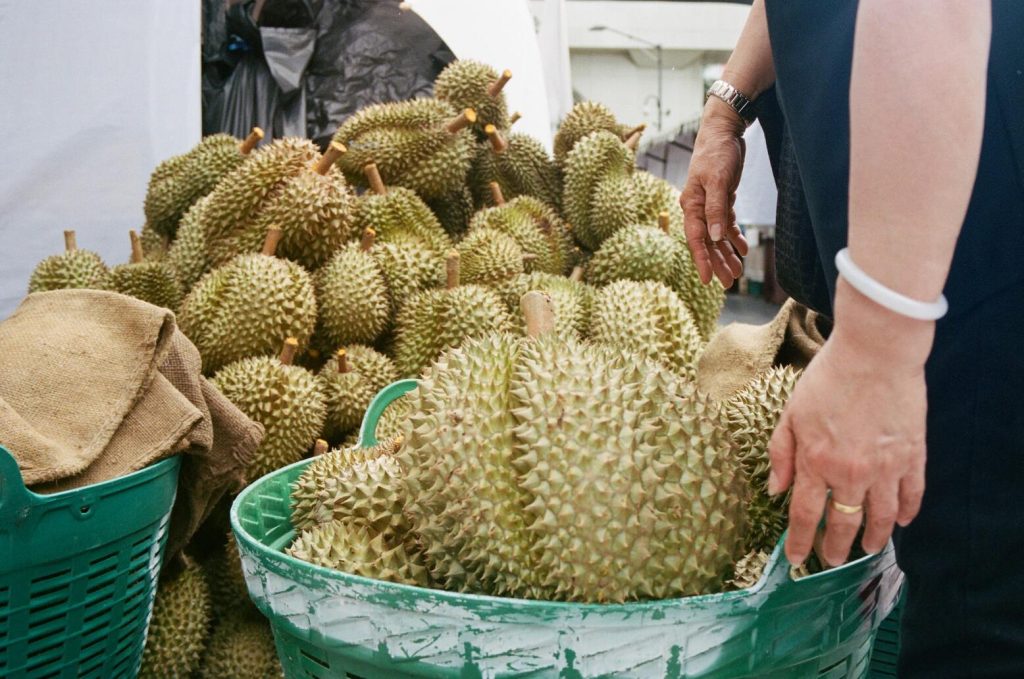Dubbed the “King of fruits”, durian holds a special place in Southeast Asian cuisine. Among fans, China stands out as an important market for this unique fruit. However, exporting durian to China requires compliance with specific regulations and requirements to ensure the quality and safety of the fruit. In this blog, we will delve into the necessary prerequisites for successfully exporting durian to China.
Meets quality standards
The Chinese government is very strict about the quality of imported fruits, including durian. Exporters must ensure durians meet certain standards for ripeness. Normally, only durians that reach acceptable maturity are allowed to be exported. This is to ensure that the fruit arrives in China in a state consistent with consumer preferences and culinary practices.

Phytosanitary certificate
Phytosanitary measures are important to prevent the spread of pests. Before exporting durians to China, they must go through a thorough inspection and testing process. The exporting country’s ministry of agriculture usually issues a phytosanitary certificate confirming that the durian is free of pests and diseases. This certificate is a prerequisite for entering the Chinese market.
Packaging and labeling
Proper packaging plays a key role in maintaining the quality and freshness of durian during transportation. Packaging must be sturdy and airy to avoid damage and rot. Each package must also be labeled with the necessary information, including the origin, variety, net weight and expiration date of the fruit. Clear and accurate labeling simplifies the customs clearance process in China.

Commercial documents and related documents
Exporting durian to China involves many types of documents, including certificates of origin, phytosanitary certificates and export licenses. Ensuring that all documents are complete and accurate is important to avoid delays at the border. Working closely with relevant authorities and trade experts can help deal with complex paperwork.
Distribution channels and partnerships
Once you have met regulatory requirements, establishing strong distribution channels and partnerships in China is key to successful market entry. Cooperate with reputable importers, distributors or retailers who understand the Chinese market. Their expertise can help you navigate cultural nuances, local preferences, and market trends.
Conclusion
Exporting durian to China presents a rewarding opportunity due to the country’s growing demand for this exotic fruit. By adhering to strict quality, phytosanitary and labeling standards, you can ensure that your durian reaches Chinese consumers in optimal conditionsu, ensures your success in exporting products to the most populous country in the world.

